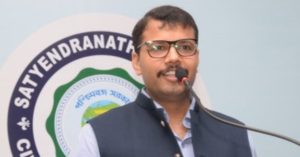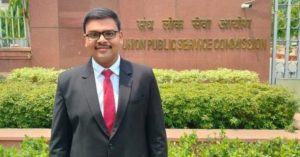IRS Officer & Doctor Wife Provide Basic Healthcare, Education to Forgotten Tribe!
Skin rashes, frequent fevers and malnourishment are some of the commonly known health problems among the Chenchu tribe in AP’s Nallamala forest. In such a gloomy scenario IRS officer M Mohan Babu and his doctor wife Dr Sravani Deverakonda are a beacon of light
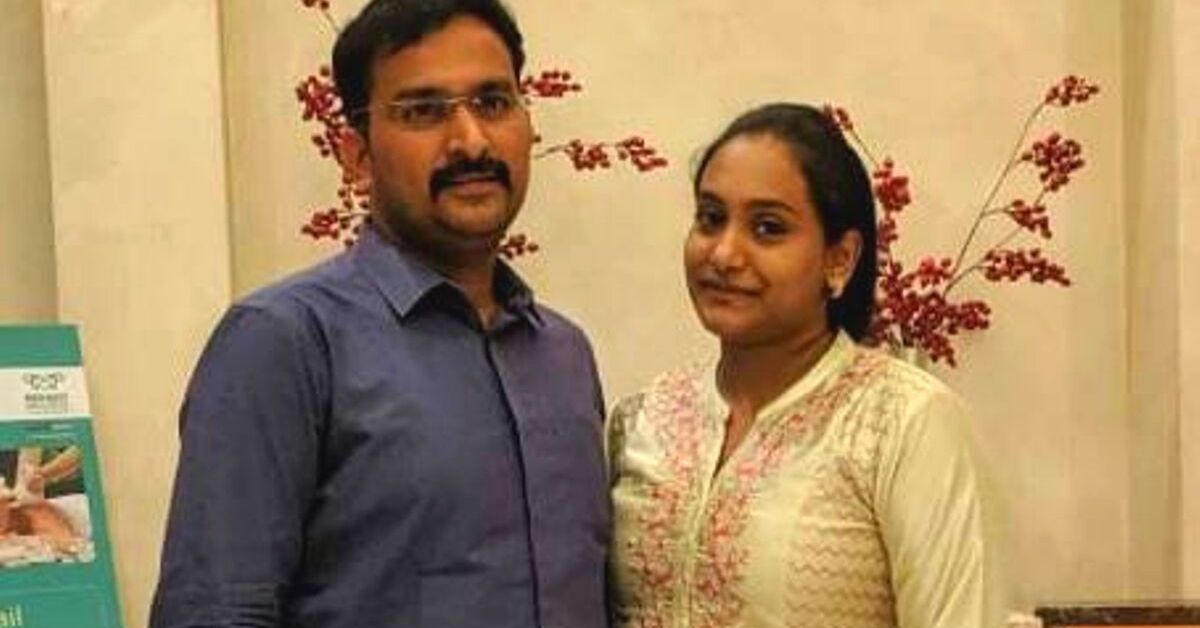
Living in the undisturbed stretches of Nallamala forest spread across five districts of Telangana and Andhra Pradesh, the Chenchu tribe is one of the most primitive tribal groups that are largely dependent on forest produce and have very little to do with the world outside of their community.
Give your mornings a healthy start with this collection of natural breakfast foods and cereals. Click here for details.
A lack of education and awareness about health and hygiene has caused severe problems to this community including anemia, skin infections, frequent fevers and malnourishment. Poverty, coupled with lack of road connectivity, further prevents the community to purchase medicines or visit doctors.
In such a gloomy scenario, Dr Sravani Devarakonda and her husband M Mohan Babu, an Indian Revenue Service officer, are a beacon of light. The couple is working for the welfare of the tribe through their organisation ‘Manaviya Charitable Trust’ based in Hyderabad.

Incorporating the Chenchu tribe in their trust activities was Mohan’s idea. He was born and raised in Telangana’s Lingala village and had always wanted to do his bit for his native place.
When he was posted in Hyderabad, Mohan found his opportunity. Whenever he found time, he visited his village to give career counselling to the students. It was through one of such visits that Mohan learnt about the Chenchu tribe.
It was a casual visit for my husband to the forest and he was speechless to see the tribe living without bare minimum necessities despite living only 140 kilometres away from Hyderabad. He felt the need to help them, Dr Sravani tells The Better India.
Mohan saw that hygiene was not given importance in the community to the extent that people did not bathe for days together. Mosquitos and insects in forest further aggravated the situation. The close-knit community still relies on the barter system and exchanges the grains they grow with other goods.
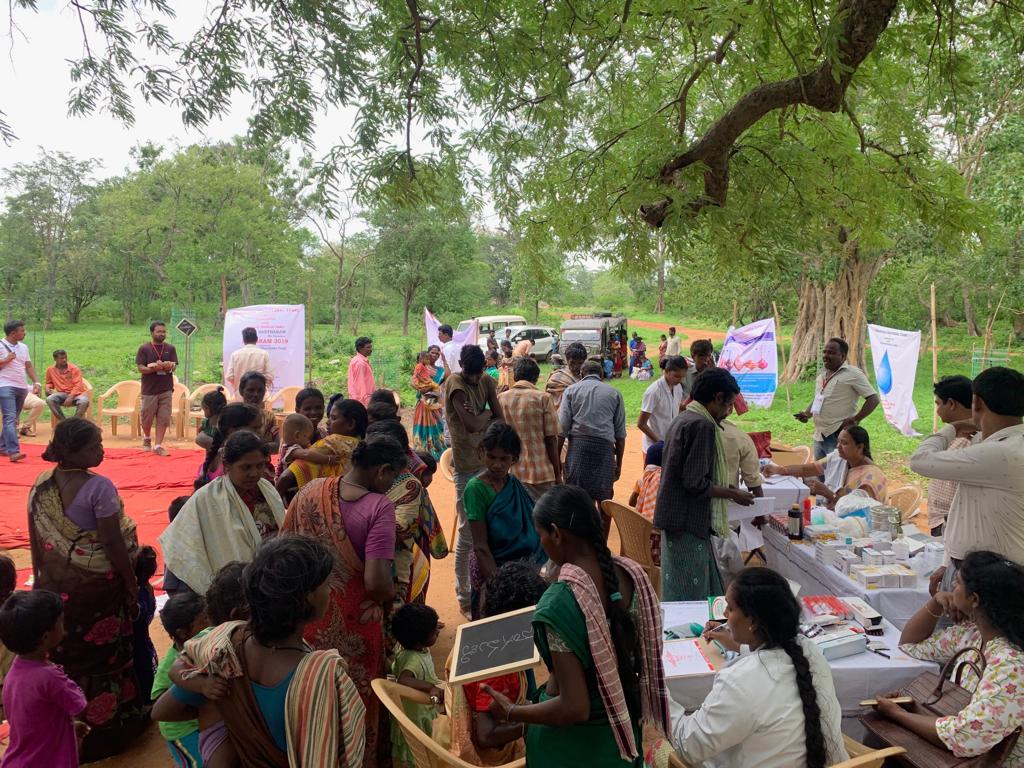
However, agriculture is not their main occupation due to lack of water resources and thus state-sponsored Public Distribution System takes care of the food needs.
Moreover, the current generation is the first to get formal schooling.
Helping the tribe was one thing but getting the necessary permission and organising camps was another game altogether. Since the forest is a Tiger Reserve, it took a lot of documentation before the permission was given by the State Forest Department.
Meanwhile, Dr Sravani mobilised the volunteers with the Trust and experts in her medical circle. They also arranged two jeeps to travel to the interiors of the forest with medical equipment and supplies.
The day-long camp was conducted in July this year and close to 150 people were a part of the camp. The scattered families were assembled at one point and basic tests were conducted by the doctors. Based on the screening, prescription and basic medical supplies including first-aid kits and to last for a month were distributed among the community.
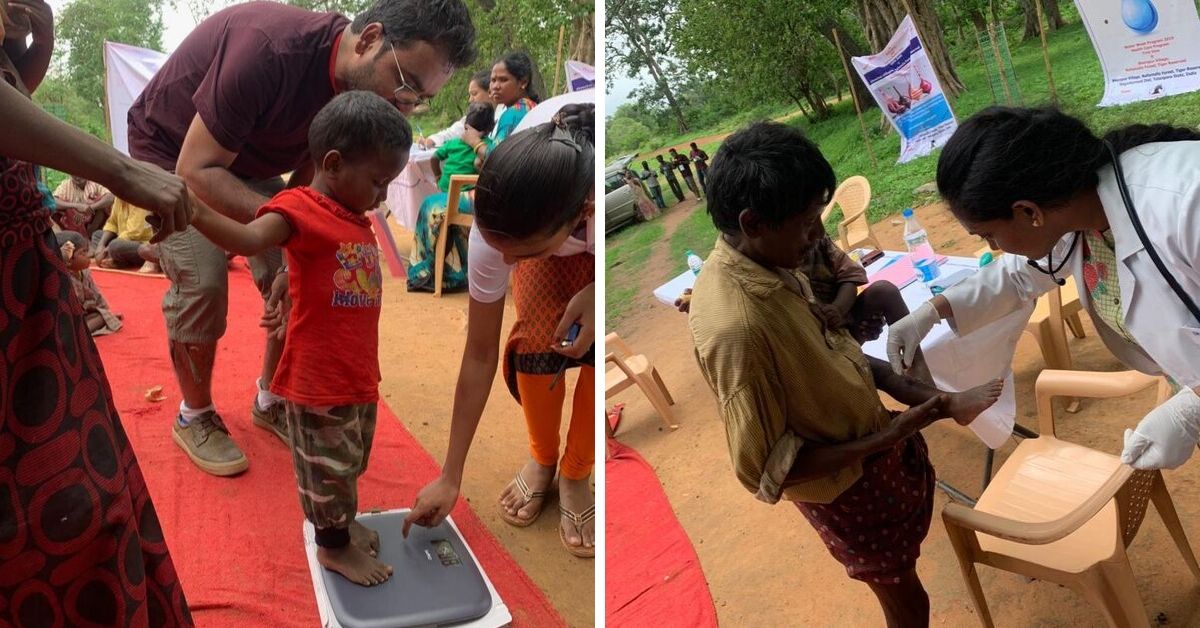
“Most of the women and children suffered from borderline anemia and malnourishment respectively. Lack of nutrient intake is a major reason. They try to cultivate crops that can fulfill their family needs but the monkeys destroy it. Others suffered from mostly skin infections. All the illnesses are preventable if simple hygienic steps are followed,” Dr Sravani, who is in the final year of her Masters in Gynaecology.
The nutrients can be supplemented by medicines but they cannot even afford basic medicines. During emergencies, they have to travel for hours. The only way to commute is rickshaws and the average fair for one trip costs more than a thousand rupees, she adds.
In addition to the health check-up, the duo also conducted awareness seminars for the locals.
Women and girls were taught about menstrual hygiene, child care and the difference between good and bad touch. How to keep water clean, applying coconut oil on the body to ward off insects, cooking with clean practices and maintaining a healthy environment, were among the lessons imparted.
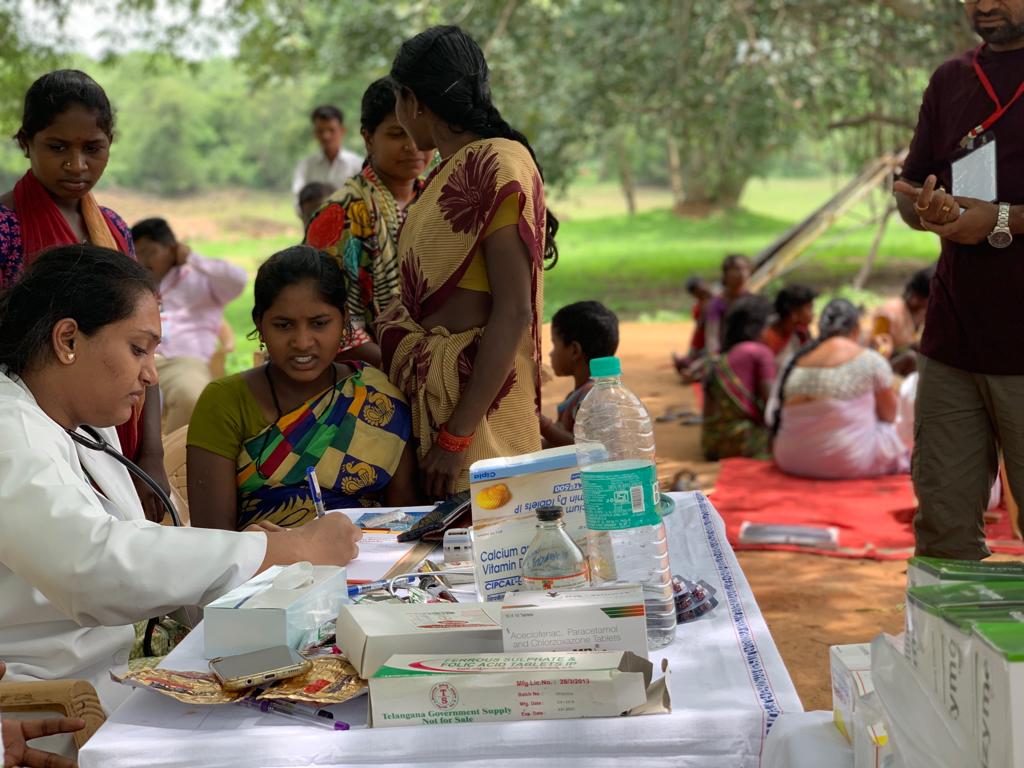
The duo have also taken the responsibility of implementing Adult Literacy Programme in the tribal hamlet with the active support by Veer Kumar Mota from the Skylark Medical India, engaged in several rural health projects in the district.
“There is already a government school inside the forest that is managed by the Integrated Tribal Development Authority. Since education is not given any focus by Chenchu tribe, the children do not attend school regularly. If we manage to make the adults understand the importance of education, they can encourage their children to attend schools. We are trying to change by giving them necessary counselling,” says Dr Sravani.
The best part about the camp, believes the duo, was the kind of response they received from the locals, “Instead of raising suspicions, the locals welcomed us. They treated us like one of their own that made the process easy for us,” she says.
When asked how they find time to conduct such drives considering their busy schedules, they duo says:
Time management is something we are trying to improve on. The preparation for the July camp was done during weekends and even now our weekends are dedicated in scaling the mission. What we are doing maybe a very small initiative but even if we are able to change even one life, it will be enough for us. This is our way to help fellow humans.
“We believe in the concept of ‘humanity is our identity’,” adds Dr Sravani.
The couple will continue their welfare mission and plan to collect clothes from people and mosquito nets for their next visit to the forest.
If you wish to help Dr Sravani and Manaviya Charitable Trust you can reach them here.
[email protected]
Manaviya Charitable Trust
Account No 32742860737
IFSC code SBIN0012720
SBI Attapur Branch, Hyderabad
Also Read: This Sustainable Travel Package Let’s You Spend Time With Tribes High Up in the Nilgiris!
(Edited by Saiqua Sultan)
Like this story? Or have something to share?
Write to us: [email protected]
Connect with us on Facebook and Twitter.
This story made me
- 97
- 121
- 89
- 167
Tell Us More
We bring stories straight from the heart of India, to inspire millions and create a wave of impact. Our positive movement is growing bigger everyday, and we would love for you to join it.
Please contribute whatever you can, every little penny helps our team in bringing you more stories that support dreams and spread hope.






